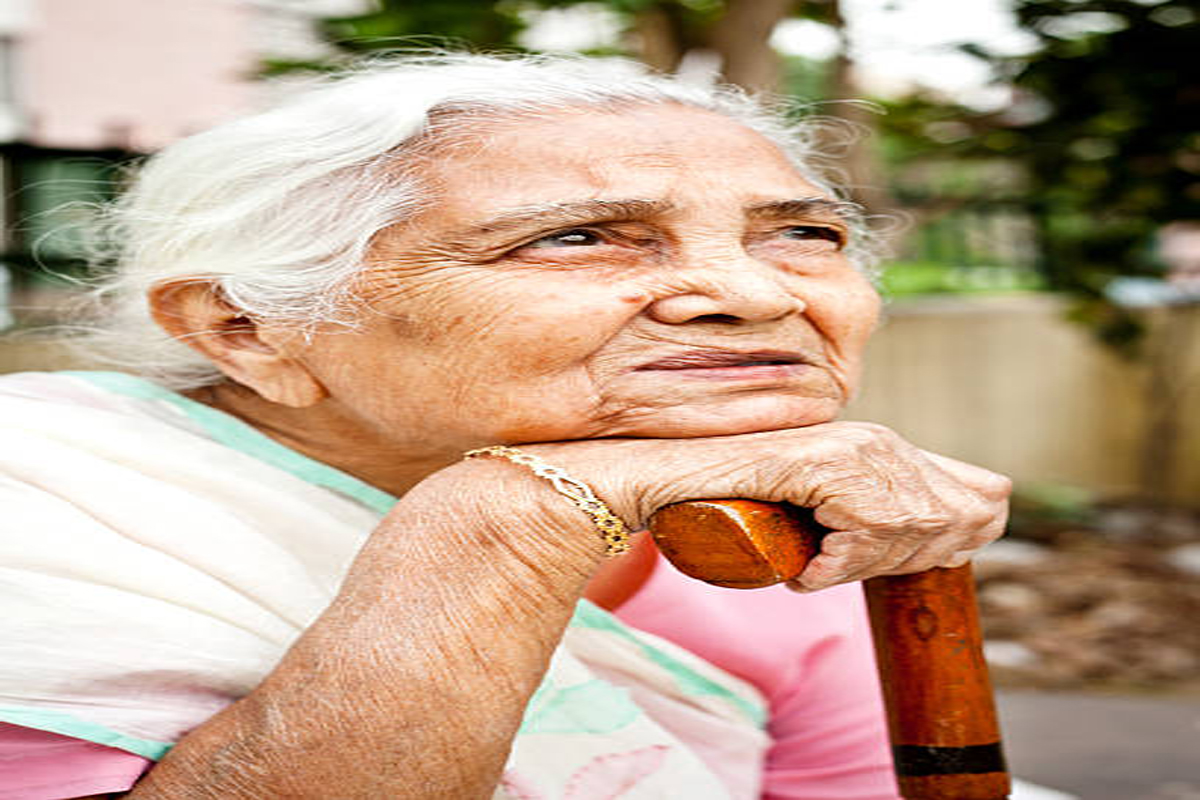Global meet on spinal cord injuries held in Delhi
The 22nd International Spine and Spinal Injuries Conference (ISSICON) was organised by Indian Spinal Injuries Centre to discuss recent advances in spinal cord injury care, cure and rehabilitation.
Many people feel that forgetfulness is the first sign of Alzheimer’s disease. But the fact is that not all people with memory problems have Alzheimer’s. Memory loss that disrupts daily life may be a symptom of Alzheimer’s or another dementia. However, many people become forgetful as they age the body and mind becomes weaker, so it should not be confused with Alzheimer’s which is a growing problem in the elderly.

Photo: iStock
On the eve of Alzheimer’s day, Dr AK Sahani, Sr. Consultant and Chief of Neurology Service, Indian Spinal Injuries centre created awareness, shared early symptoms as well as the impact of the disease.
Many people feel that forgetfulness is the first sign of Alzheimer’s disease. But the fact is that not all people with memory problems have Alzheimer’s. Memory loss that disrupts daily life may be a symptom of Alzheimer’s or another dementia. However, many people become forgetful as they age the body and mind becomes weaker, so it should not be confused with Alzheimer’s which is a growing problem in the elderly.
Advertisement
Increasing discussion on geriatric health is helping many aware of the disease in early stages and seek timely help from doctors. Proper and timely diagnosis is important along with the person’s willingness to declare themselves as suffering from the disorder. While people normal ageing may make bad decisions occasionally, those suffering from Alzheimer’s will make poor decisions judgements and decisions a lot of time. In a nutshell, while forgetfulness due to ageing is not a disease but Alzheimer’s is as it affects the brain cells which begin to shrink.
Advertisement
Everyone has occasional memory lapses like forgetting the car keys or missing a monthly payment, but the memory loss associated with Alzheimer’s disease persists and worsens, disrupting daily life. The condition gives way to dementia which leads to a continuous decline in thinking, behavioural and social skills that affects a person’s ability to function independently.
Symptoms
Memory loss is the early sign of Alzheimer’s disease which includes difficulty remembering recent events or conversations. A person with the condition may be conscious of having problems remembering things and managing the thoughts. A family member and friend may also notice the worsening symptoms.
The patient may repeat statements and questions over and over, get lost in familiar places and misplace possessions routinely. Apart from that, the person may also suffer from problems like depression, mood swings, irritability, and aggressiveness. It is the most common type of dementia and has three stages.
In stage 1, known as cognitive decline, people with this disease have only a small amount of memory loss and confusion. However, in the final stage, Alzheimer’s disease may render one unable to talk with family members.
Few differences between normal ageing and Alzheimer’s: Forgetfulness may sometimes cause forgetting which word to use, Alzheimer may lead to trouble having a conversation. Normal ageing may be a reason for losing things from time to time, the disease may lead to misplacing things often and being unable to find them.
Some medical conditions may also affect the functioning of the brain. These include, but are not limited to: A few types of thyroids, kidney, or liver disorders. Infections or tumours in brains or blood clots. Side effects of any medication. Heavy consumption of alcohol. Head injury because of an accident or fall. Lack of vitamins and minerals like vitamin B12 in diet causing deficiencies.
There has been a remarkable increase in dementia patients during the COVID-19 pandemic. Some research suggests that due to stress and anxiety triggered by the pandemic, Alzheimer’s and dementia cases are on the rise. Global pandemic COVID-19 can make a large-scale immune response and that immune response can cause a cytokine storm, which is an uncontrolled mobilization of the immune system. It knocks down the cells and can also affect other organs including the heart, brain, liver and kidney.
Prevention
“This is to make clear that this disease is not a curable condition but many lifestyle risk factors for this can be modified. Changes in diet, exercise and other healthy habits to maintain cardiovascular health may lower the risk of developing Alzheimer’s disease. Eating a healthy diet including fresh fruits and vegetables, besides foods low in saturated fat may also help in preventing the disease. In addition to this, evidence suggests that activities like participating in social events, reading, dancing, playing board games, creating art, playing an instrument, and other activities that require mental and social engagement may also help in reducing the risk of Alzheimer’s. “ said Dr Sahni.
Advertisement